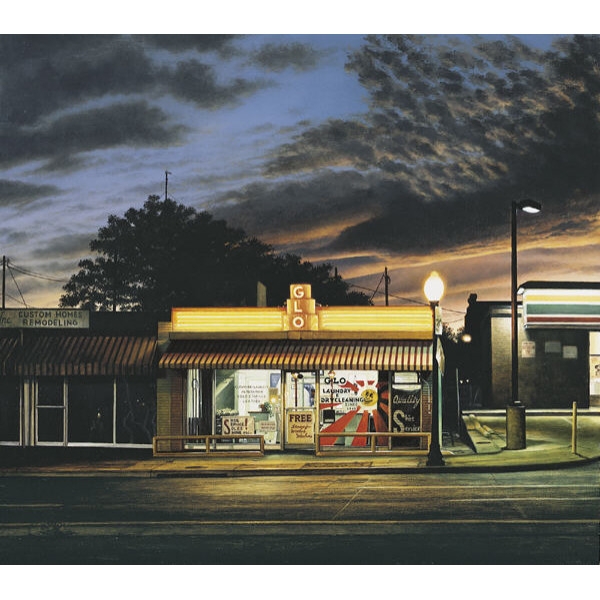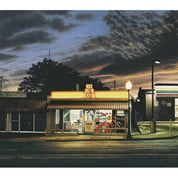about small towns

Yesterday, I went to HubSpot’s Portsmouth, NH office to spend the workday out of the basement, closer to the sun. The drive from Beverly to Portsmouth is a drive towards my past. After a childhood in southern Maine, just over the bridge, really, I spent my first married year in Portsmouth. That was long enough ago that many of the streetscapes have changed. But our pizza place, the Breadbox, is still there, as is the drafty old church on the square, where we spent most Sunday afternoons.
Right at the end of our time in Portsmouth, it had begun to feel a little like our town. I knew enough people from church, community organizations, and work, that I could expect to happen upon an acquaintance at the coffee shop or grocery store. My nascent professional network had turned up a few interesting little roles. (One such connection helped bring me to HubSpot and back to New England more than a decade later.) Being known is good for us. Drifting anonymously through big cities or the little boxes made of ticky tacky in suburbia is no way to live.
But all is not well in the mythical small town, as today’s essay shows. Being known may mean being boxed in by people’s assumptions. It may mean that a thing you did in high school or a childhood nickname follows (chases?) you to the grave. I enjoyed the essay because it gives a clear sense of what we’d miss without a close community and the staleness that never leaving one might bring to our lives.
 Small-Town USA
Small-Town USA